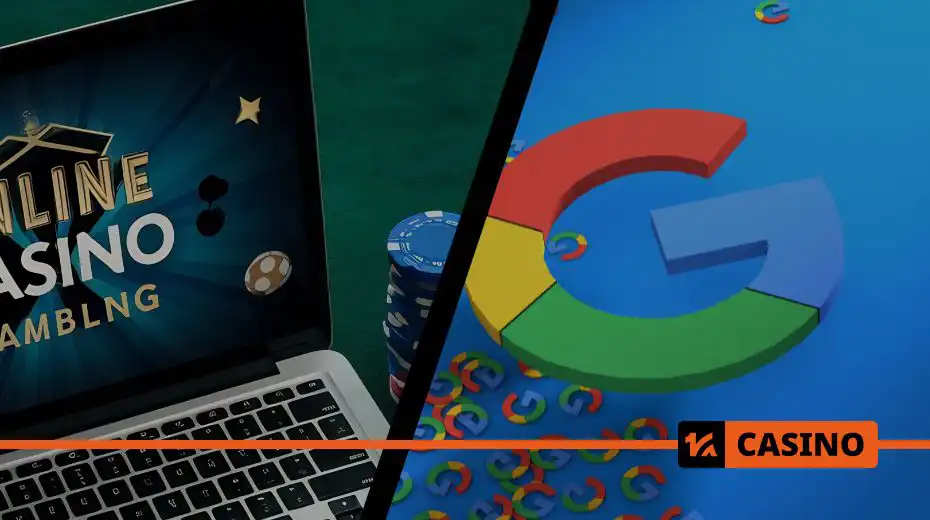Google Tightens Rules for Paid Gambling and Gaming Ads from April 14, 2025
Starting April 14, 2025, Google is implementing significant updates to its paid advertising policy for gambling and gaming apps. These changes are aimed at enhancing user safety, protecting minors, and aligning advertising with international standards.

Detailed Analysis of Key Changes
Expansion of the Gambling Definition
The policy will now cover fantasy sports, online casinos, and social casino games. Previously, some formats like virtual betting operated in a gray area with fewer restrictions, but Google now classifies them as traditional gambling activities.
According to Google representatives, this decision was made because many users do not distinguish between social casinos and real gambling, especially in regions where gambling ads were previously limited.
Strengthening Regional Standards
Advertisers operating in multiple markets must comply with the specific regulations of each country. For example:
| Region | New Requirements |
| USA | Mandatory operator certification |
| Germany | Ban on betting ads during live sports broadcasts |
| Australia | Restrictions on ad display time |
| UAE | Complete ban on gambling advertisements |
For gambling operators working across different jurisdictions, this means adjusting ad campaigns according to regional requirements.
Restrictions on Targeting and Personalization
Personalized advertising for gambling will become less accessible. In some countries, Google will prohibit ad targeting based on user behavior, making customer acquisition more difficult.
This will have the most impact on social media campaigns, where advertisers previously targeted users who had shown interest in betting and casino games.
“The new regulations will make advertising less effective but will create a fairer environment for users,” said iGaming expert John Harrison.
Increased Transparency Requirements
Gambling ads must now clearly disclose bonus terms, odds of winning, and age restrictions. For example, ads with phrases like “100 free spins!” must include a disclaimer detailing the actual conditions of the promotion.
Users will no longer encounter misleading offers that lack full disclosure of the terms.
Additionally, ads must provide direct links to operator licenses. This will allow users to verify whether the platform is legitimate and compliant with regulatory requirements.

Reasons for the Changes
- Regulatory Pressure – Governments are tightening controls on gambling ads, requiring companies to comply with transparent standards.
- User Protection – Especially important for minors who may be drawn to gambling through fantasy sports.
- Preventing Fraudulent Operators – The new rules will make it harder for unlicensed platforms to advertise, increasing the importance of proper licensing.
- Industry Transparency – Google aims to reduce deceptive gambling ads that fail to disclose essential terms and conditions.
Conclusion
The updated Google Ads policies will significantly impact the gambling advertising market. Operators will need to ensure compliance and improve transparency in their promotions.
The key question is how advertisers will adapt to these changes while maintaining campaign effectiveness without personalized targeting.
Some gambling companies may shift their focus from Google Ads to alternative marketing channels, such as affiliate programs, SEO, and Telegram and YouTube promotions.
In the coming months, we will see how the iGaming industry adjusts to these changes. One thing is clear-advertisers will need to rethink their strategies to remain competitive while staying within Google’s new guidelines.
Source: Support Google



Comments
No comments yet